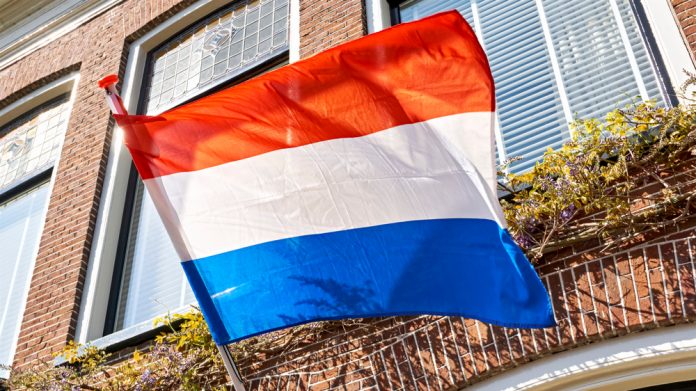Advertising in the Dutch market has witnessed a steep decline since November last year, although the Kansspelautoriteit has revealed that more youngsters have taken to online gambling.
Publishing its ‘Monitoring report on online games of chance autumn 2022’, the Ksa noted that since the opening of the online gaming market, there has been “no noticeable trend” in TV advertising spend by providers, but revealed that the average spend per provider has dropped from €890,000 in November 2021 to €319,000 in August of this year.
Also within the report, the Dutch independent regulatory authority stressed that, until April, providers of online games of chance advertised a “considerable amount” in public outdoor spaces, such as in bus shelters and on billboards.
Alongside the aforementioned forms of advertising, the report claims that the Netherlands witnessed a visible increase in the number of sponsorship agreements between providers of online games of chance with Dutch sports clubs and organisations.
Of these sports clubs, the Ksa pinpointed the Dutch Eredivisie as the most visible, which stated that every club in the league has entered into a partnership with an online provider. Moreover, online gambling providers are also active with sponsoring football stadiums, events and concert halls.
This has not gone unnoticed by political authorities. Under plans by Minister for Legal Protection Franc Weerwind, sports sponsorships for online games of chance and ‘untargeted advertising’ of these products will be banned by the end of 2025 and 1 January 2023 respectively.
“In view of the announced ban on sponsorship, it is striking that this mostly concerns long-term contracts,” the KSA stated on the proposed ban.
“Also at the lower levels of football (both in the Kitchen Champion Division and in amateur football) and in other sports, many sponsors concluded sponsor agreements.
“Online gambling providers are also active with sponsoring football stadiums, events and concert halls, among other things.”
Lastly, regarding social media advertising, the KSA cited data from Nielsen showing that lotteries ‘are responsible for the vast majority of advertising on these platforms’.
Additionally, within the report, the authority revealed that in July of this year there were a total of 1.3m player accounts, with 563,000 accounts actually played, a 15 per cent increase from January that witnessed 489,000 accounts.
Of the accounts played in July, 22 per cent were said to belong to young adults, aged between 18 to 23 years old. According to Statistics Netherlands, the share of this age category in the total adult population is 9.4 per cent. This, according to Ksa, showcases “relatively more accounts” of young adults than in the older age groups.
Combating gambling addiction has been highlighted as a key goal by the KSA, in tandem with clamping down on illegal online operators, referring to a IPSOS study into problem gambling behaviour.
The study found that 40 per cent of players in 2022 said they had lied about gambling or chased losses, an increase on the 2021 figure of 37 per cent, whilst 15 per cent said they had done both – the same as the previous year.










